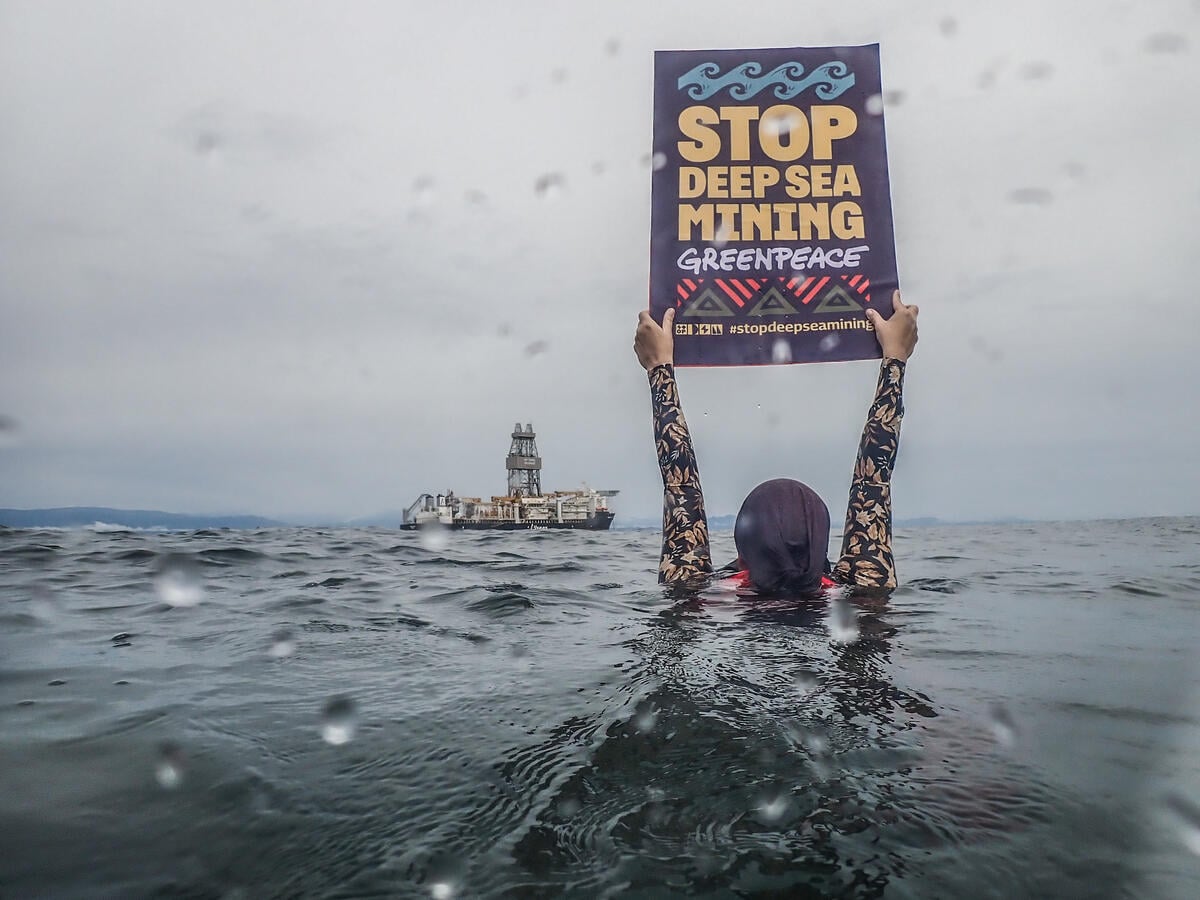Spring is ending, summer is nearly here, and Action season is starting!
Tomorrow is World Oceans Day and this year’s focus is all about putting oceans first. Part of that is protecting the seabed from deep sea mining – a new extractive industry that is attempting to ravage the seafloor for metals and destroy the fragile ecosystem in its path.
So in the lead up to this special day — and in preparation for the July International Seabed Authority (ISA) meeting where governments, including Canada, will decide whether to allow deep sea mining to proceed this year or not — Greenpeace activists and volunteers mobilized across the world as part of a global day of action to say no to this highly destructive industry.
At Greenpeace Canada, we decided to bring this issue straight to Minister Mélanie Joly’s door (or as close as we could get to it). Greenpeace Canada activists and staff created a 48 by 30 foot octopus light installation on Maple Island near the federal Global Affairs buildings to urge Minister Melanie Joly to say no to deep sea mining in international waters. The Minister of Foreign Affairs is responsible for Canada’s position at the ISA, so it was important that we remind her of what’s at risk.
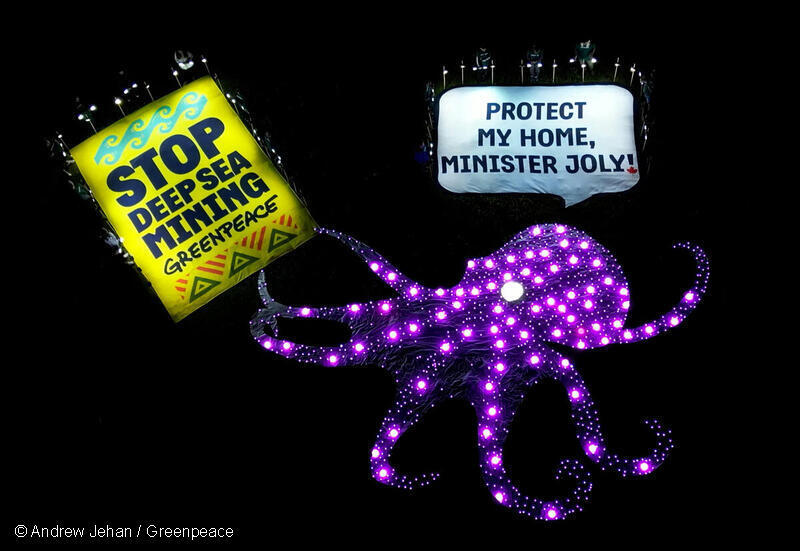
The ghost octopus, affectionately known as Casper, had a special message for Mélanie Joly: Protect my home – and we couldn’t agree more. The ghost octopus lays its eggs on mineral deposits on the seabed that take millions of years to grow. But this deep sea creature is not the only species at risk, there are thousands more. In fact, just a few weeks ago, news went viral that more than 5,500 new deep sea creatures had been discovered. Deep sea mining would cause irreversible damage to deep sea habitats, and countless unique species that call this mostly untouched ecosystem home.
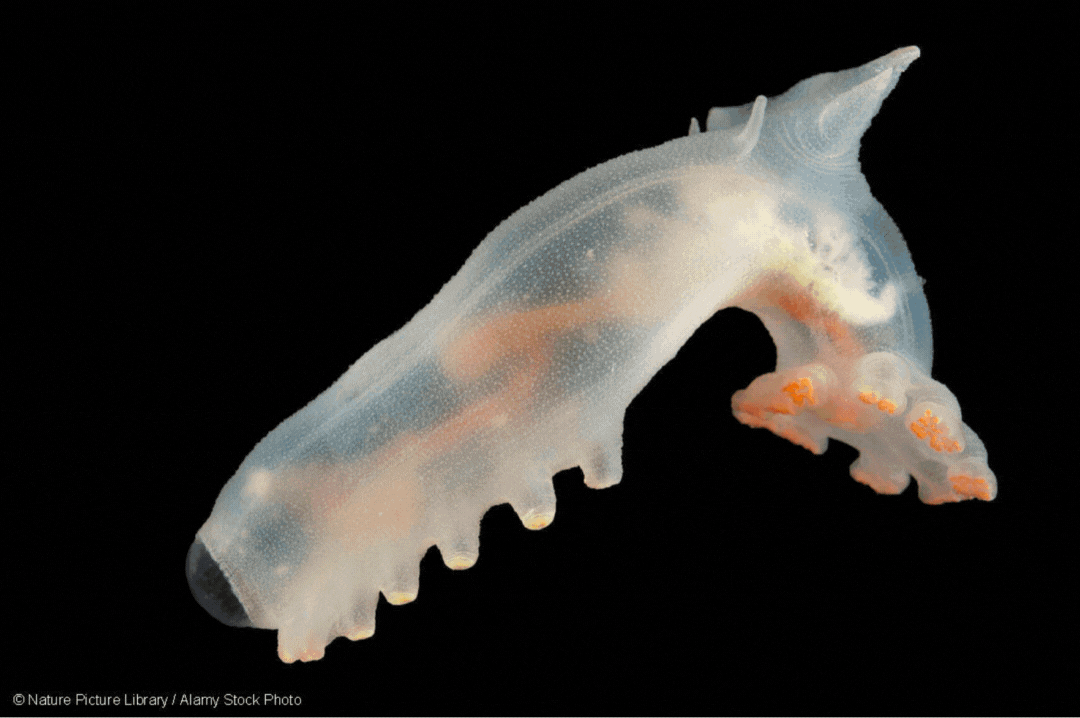
Outside of Canada, Greenpeace Thailand made a picturesque light installation of an octopus in the ocean, while activists in Switzerland and Senegal created impressive human banners and divers off Reunion Island held a protest underwater.
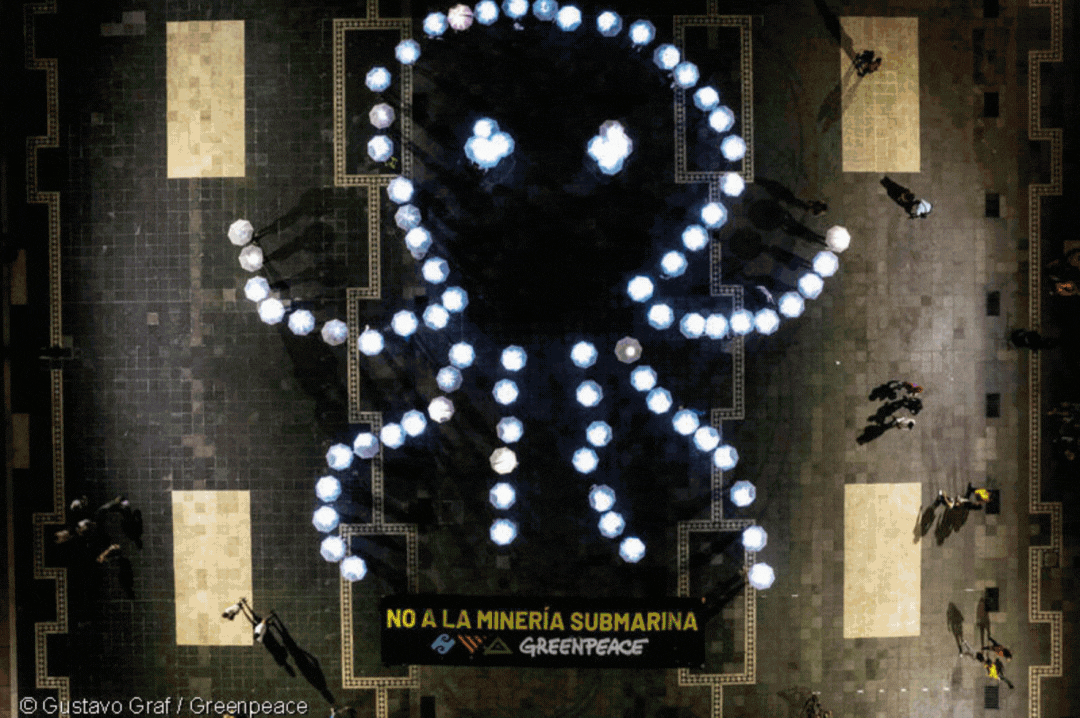
The time to act is now. What if we could go back in time and stop offshore drilling at the dawn of the oil age? We could prevent the ongoing climate crisis, as well as countless oil spills and leaks. The oceans are at the centre of the climate, biodiversity and pollution crises. Marine life can’t take any more pressure.
Today, we have a once in a generation opportunity to stop this industry now, so that it never starts – protecting the largest ecosystem on the planet, facing down one of the latest forms of neocolonialism, and challenging a greedy industry trying to legitimize its activity through greenwash (they claim they want the mined metals to be used for green technology). Destroying the oceans is never a good way to save the planet.
Despite the growing pressure and the global mobilization, governments haven’t yet reached an agreement to protect the oceans from deep sea mining. The door has been left open for the industry to start plundering the seabed as soon as this year. It is unacceptable.
If we don’t act now, the wondrous deep sea species we’re only beginning to understand (and discover!) could be lost forever and Pacific people’s way of life could be seriously impacted because they depend on the oceans spiritually, culturally, and economically.
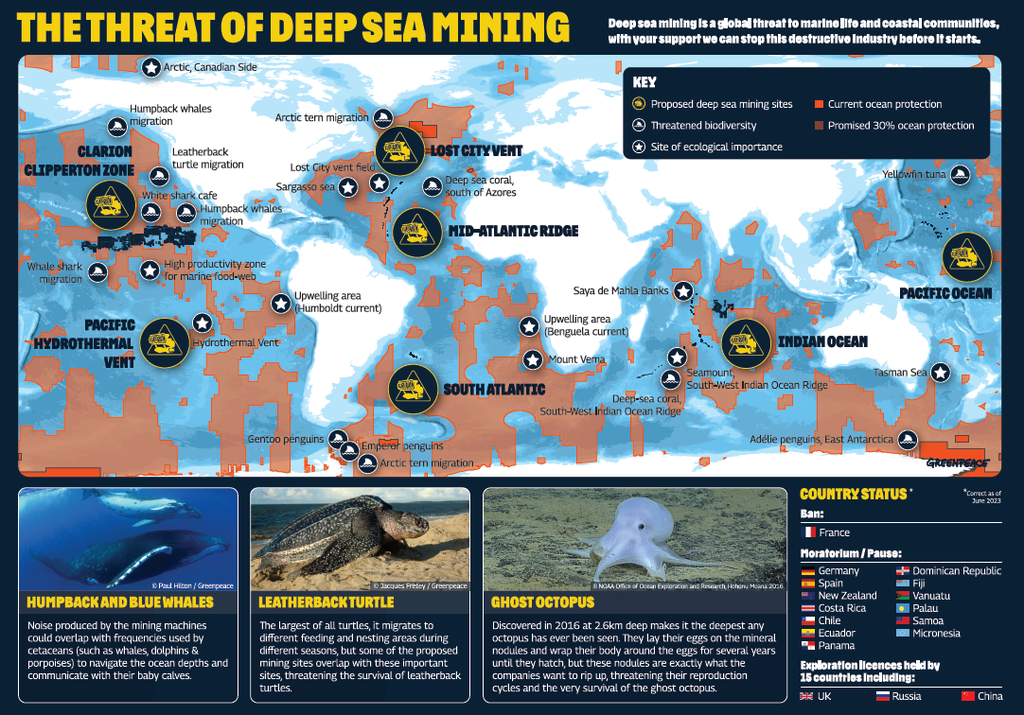
Let’s take a stand for marine ecosystems this World Oceans Day! We just won a historic Global Ocean Treaty, so we can use this momentum to push more governments to come out against deep sea mining and hold world leaders accountable to deliver ocean protection. Urge Canada to live up to its commitments to protect marine biodiversity, today!
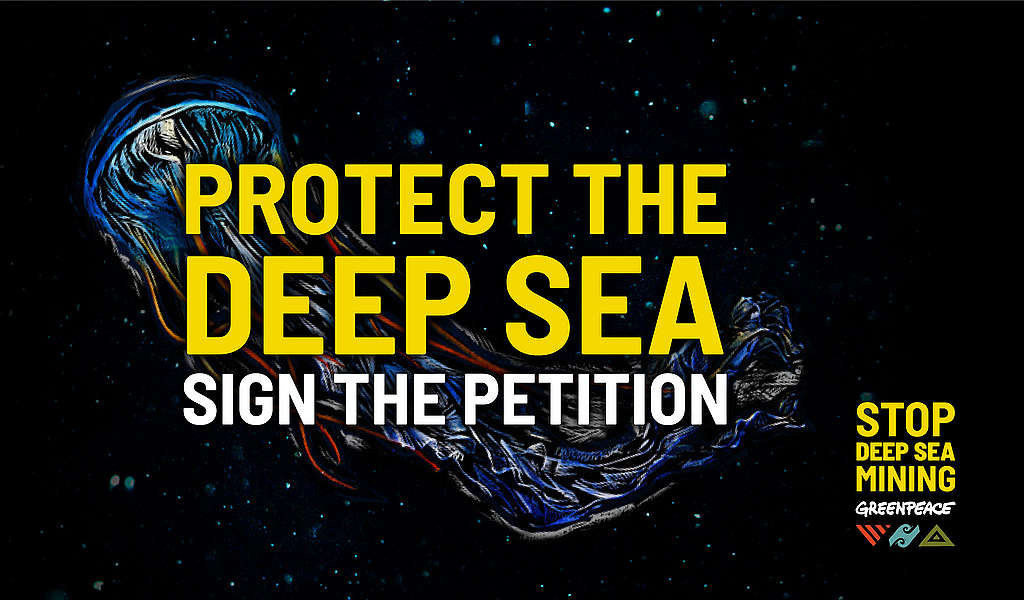
Help stop another extractive industry from damaging the global oceans. Sign our petition and join us in calling on Canada to stay true to its commitment and say no to deep sea mining.
Sign the petition

